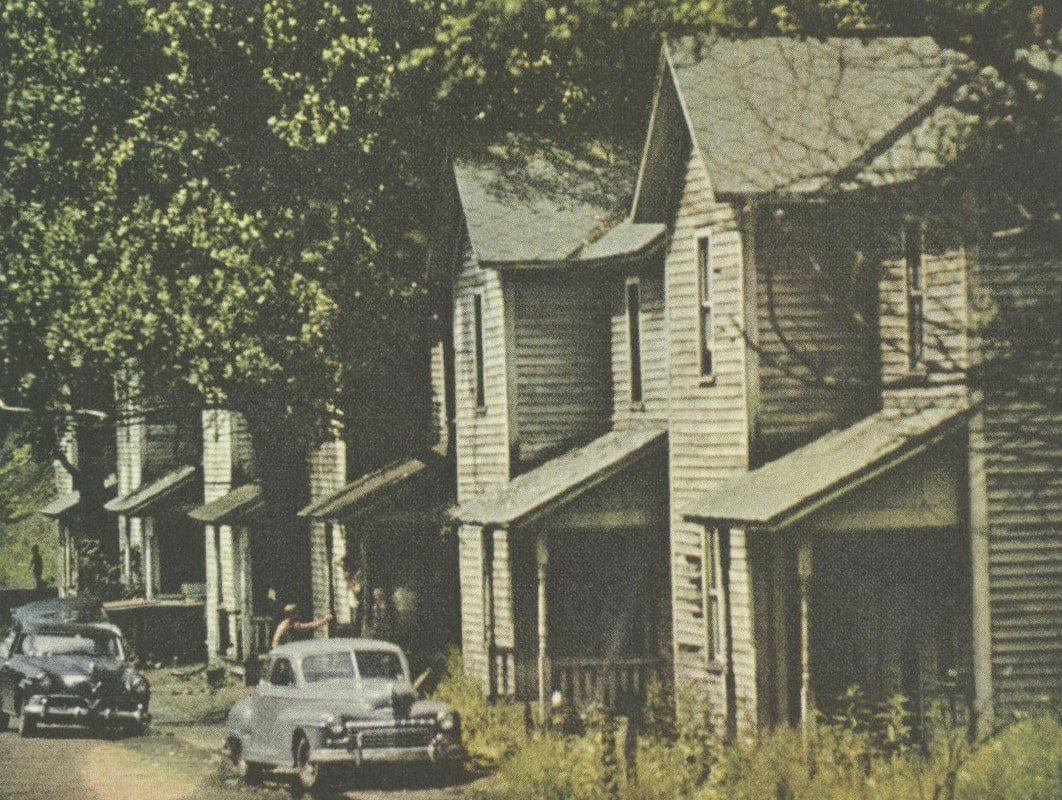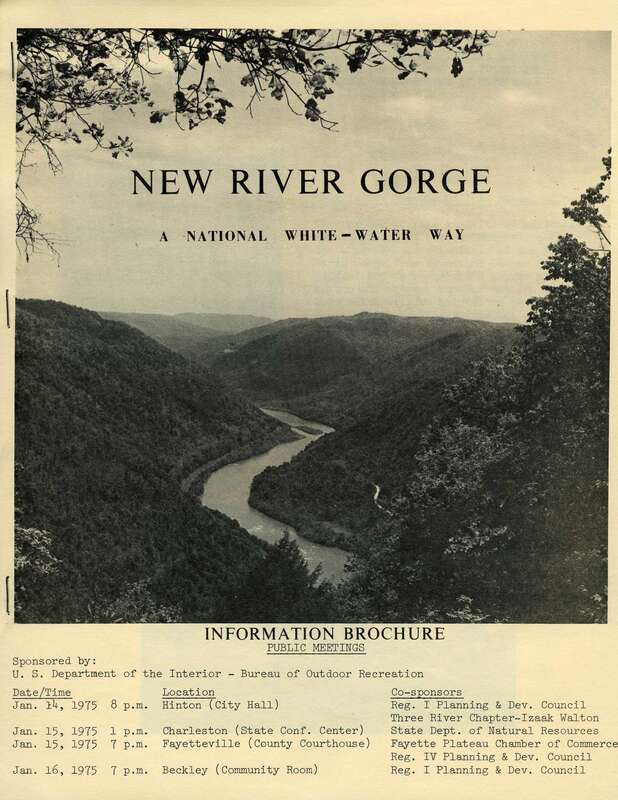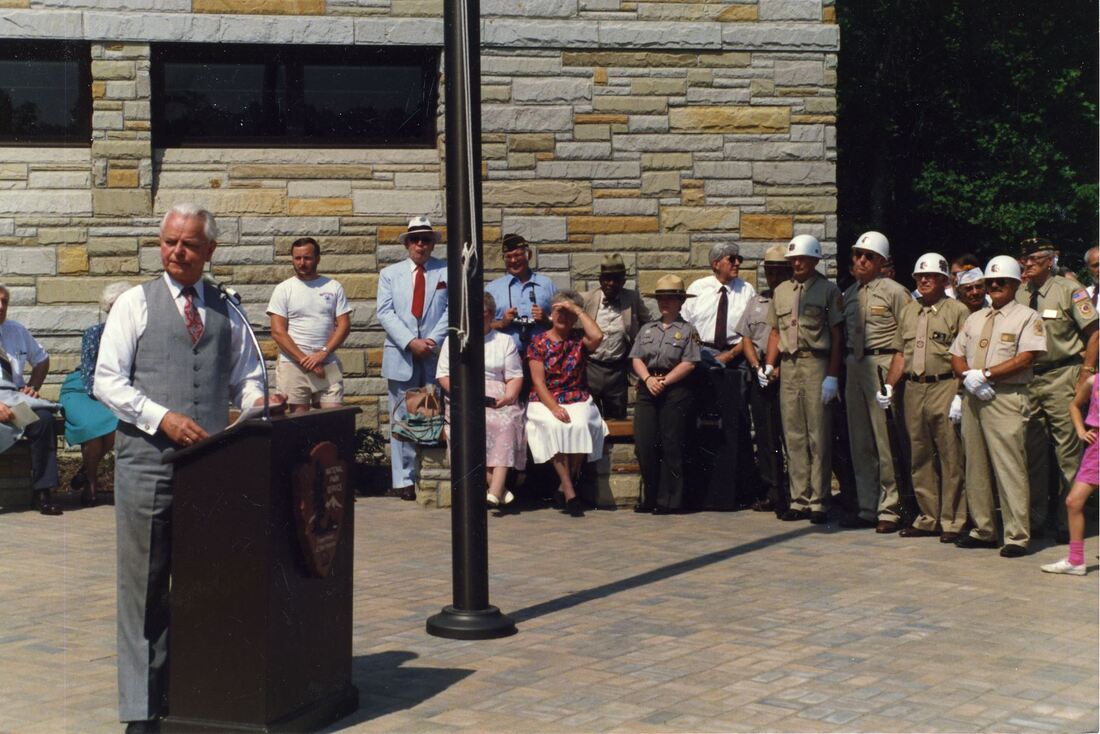|
By Patrick Fuller, Byrd Center Student Intern From the end of World War II until the early 1970s, a period of great economic expansion swept across the United States. The American middle class experienced substantial growth and found themselves with extra spending money. With the advent of many time-saving home appliances, many Americans also found themselves with extra time for recreation. Naturally, the excess of time and money led to the desire for travel.
Established in 1933, amid the Great Depression, the Civilian Conservation Corps, also known as Roosevelt’s “Tree Army,” replanted forests and developed parks across the United States for the use and enjoyment of the American people. This public works program put young men to work in 1933 and although the program ended in 1942, its effects are still felt in towns nationwide. Senator Byrd recognized the importance of federal spending to the economies of rural towns, and believed that if government funds could be poured into the Shenandoah Valley during the Great Depression to construct things like Shenandoah National Park’s Skyline Drive, the same could be done in southern West Virginia, less than twenty years later. In 1961, Byrd wrote in his weekly column, Byrd’s-Eye View, “A tremendous untapped and under-developed natural wealth--the sheer grandeur of her hills and valleys--holds promise of providing West Virginia with a new big industry called ‘tourism.’" Byrd explained that it was West Virginia’s lack of infrastructure and developed tourist areas that kept the state from sharing in the success of the tourism industry, as in nearby Maryland, Virginia, and North Carolina. At the time of this column’s publication, three proposals were made to draw tourists to West Virginia: enlarging Harpers Ferry National Monument, enlarging Monongahela National Forest, and creation of New River Gorge National Park. The extension and development of Monongahela National Forest was so important to Senator Byrd that two and a half months after writing the column mentioned above, Byrd dedicated an entire column to the subject. Entitled, “Construction of Monongahela Scenic Highland Route Would Aid State,” Byrd turns to Shenandoah National Park’s Skyline Drive as an example of how federal funding of Monongahela National Scenic Route would benefit West Virginia. He writes:
According to a 2019 press release from the West Virginia governor’s office, 2018 continued a two-year increase in tourism in West Virginia, after years of steady decline. Additionally, this press release says that travelers in West Virginia spent $4.55 billion in 2018.[1] With continued mine closures and loss of industry in West Virginia, it is critical for the state to continue to turn to tourism as the next big industry, a suggestion made by Byrd nearly 60 years ago. Works Cited:
[1] "West Virginia Tourism Industry Outpaces National Growth by 58 Percent," Office of the Governor, October 16, 2019, accessed June 18, 2020, https://governor.wv.gov/News/press-releases/2019/Pages/West-Virginia-tourism-industry-outpaces-national-growth-by-58-percent.aspx
0 Comments
Leave a Reply. |
Archives |
Our Mission: |
The Byrd Center advances representative democracy by promoting a better understanding of the United States Congress and the Constitution through programs and research that engage citizens.
|
Copyright © Robert C. Byrd Center for Congressional History and Education
|




